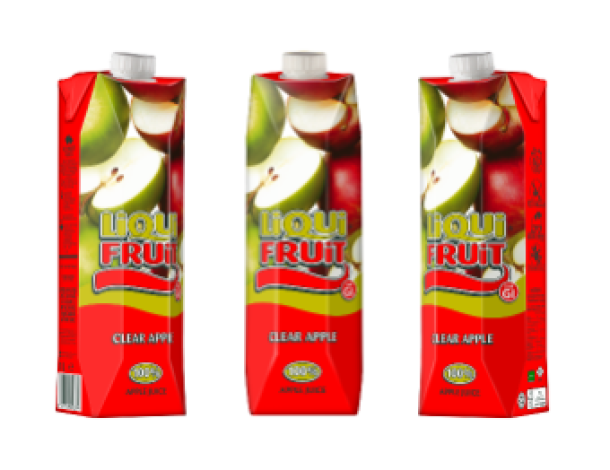El Niño threatens African supply-chain continuity
The risk to Sub-Saharan Africa supply chains heightened as countries in the region battle with food shortages caused by extreme weather conditions while also trying to cope with the impact of low commodity prices and China’s slowing growth.
South Africa and Ethiopia in particular are struggling to cope with the prolonged drought caused by El Niño. These adverse weather systems are having inevitable implications for the agricultural industry’s output in Sub-Saharan Africa.
South Africa in particular has seen output of white maize fall by 31% this year due to the effects of El Niño. To cope with this disruption to production, the country will have to import 3,8m tonnes of maize that will place increased strain on the country’s foreign exchange reserves.
In addition, the risk of floods and landslides damaging the infrastructure in certain parts of the region further threatens supply chain and business continuity in the region.
The impact of adverse weather conditions is compounded by economic headwinds facing the region. Sub Saharan Africa’s largest economies are dependent on commodity exports to China. With commodity prices remaining persistently low and China’s growth slowing, these put stress on businesses and supply chains in the region.
Globally, supply-chain risk rose for the second consecutive quarter to the highest recorded level in a first quarter since records began in 1995. Natural disasters are contributing to heightened supply chain risk in other parts of the world as well. However, the extent of disruption to supply chain activity is determined by a country’s capacity to cope with such damage. Despite a 6,4-magnitude earthquake in Taiwan and a 5,8 magnitude quake in Japan, manufacturers in both countries were able to swiftly resume production, using stock reserves to plug any gaps.
“The latest risk index shows that regardless of international political relations, supply-chain activity will always be exposed to the threat of natural disasters and extreme weather. The effect of drought on South Africa and the Sub-Saharan African region has quantified this in recent months.
“A fundamental step in sustaining a resilient supply chain is identifying areas of risk, and establishing precautions that work to minimise the disruption caused. The experience of businesses in Japan and Taiwan reflect how the magnitude of disruption was overcome effectively,” says Andre Coetzee, managing director of the Chartered Institute of Procurement & Supply (CIPS) Africa.
Related Articles

Clicks expands service delivery with the openin...

SPAR drives logistics innovation across distrib...

Futureproofing the supply chain in Sub-Saharan ...

Pioneer foods announces recall of certain 100% ...


